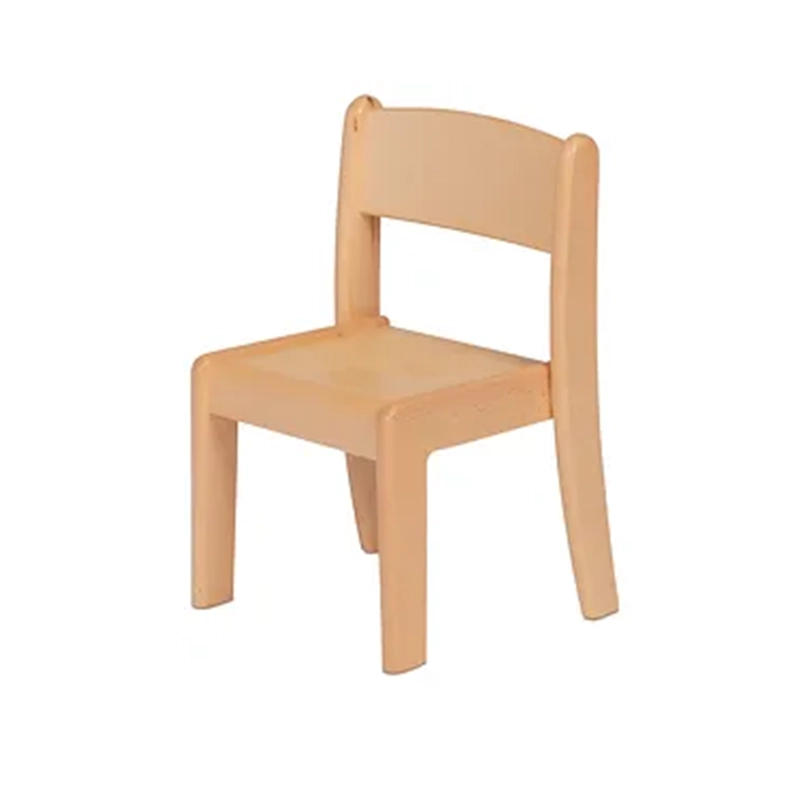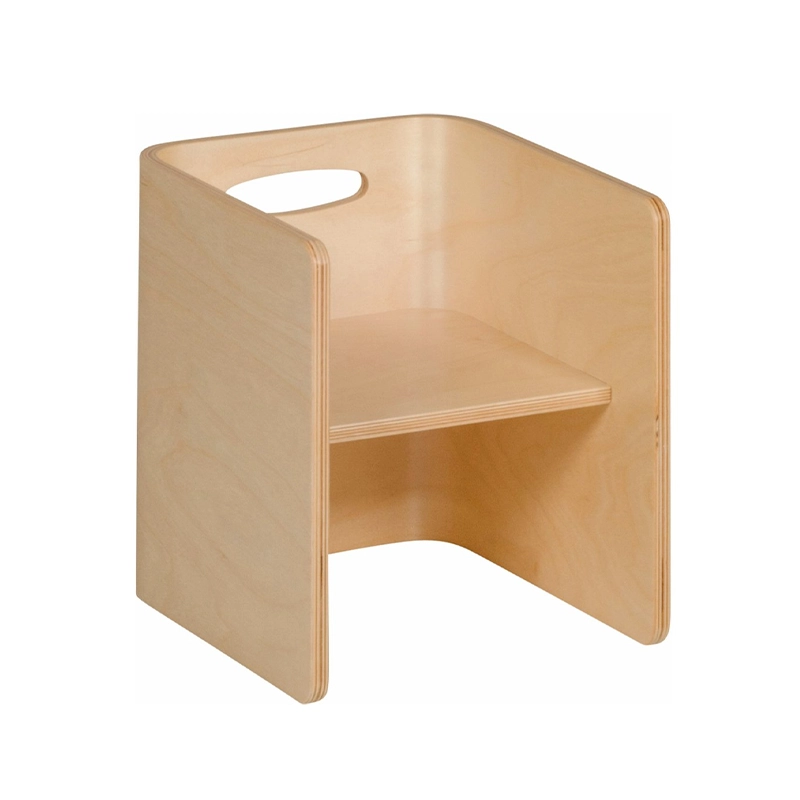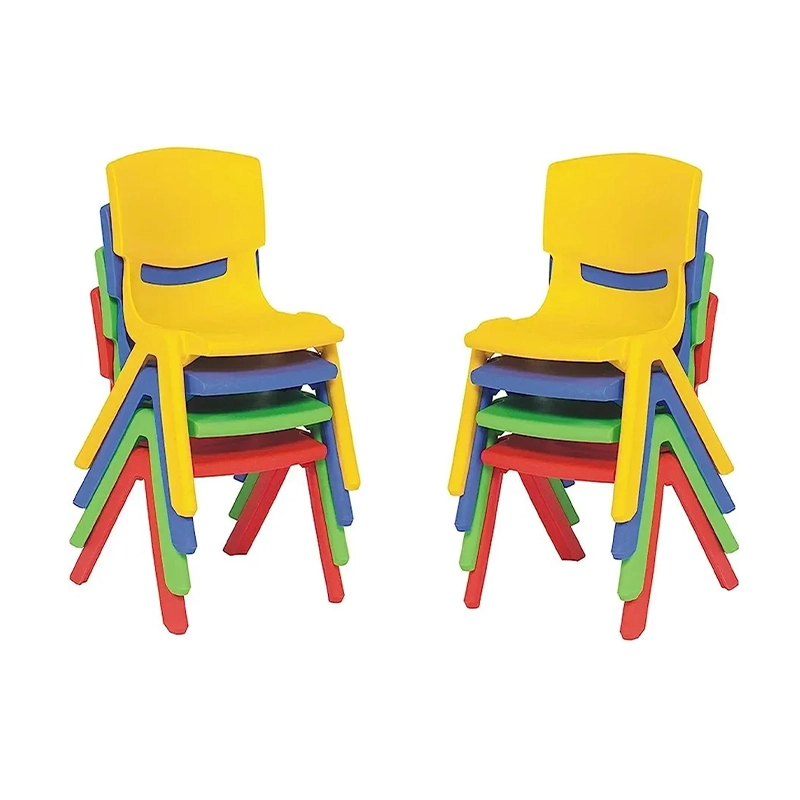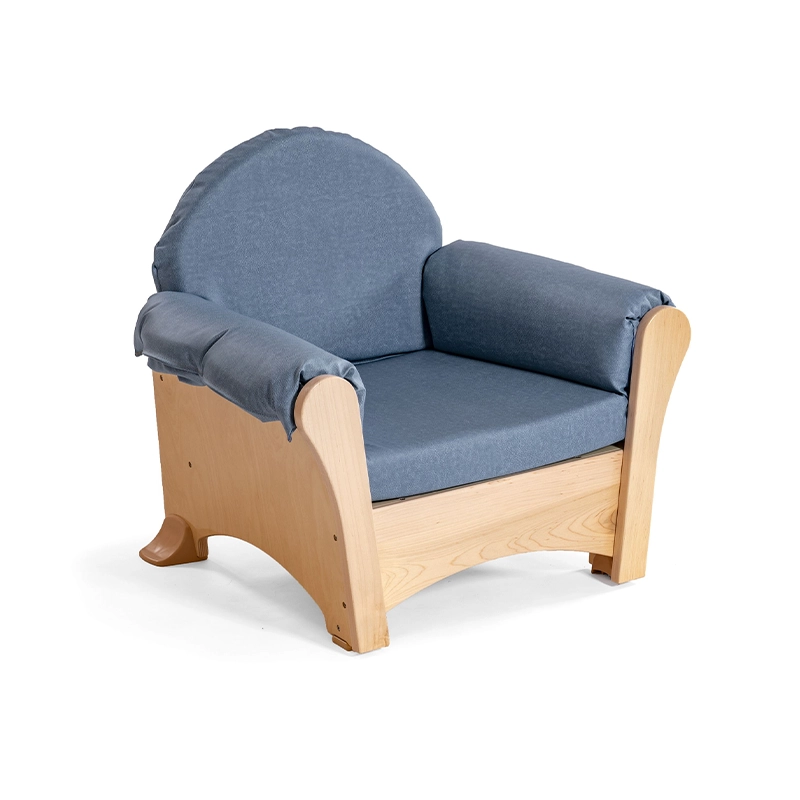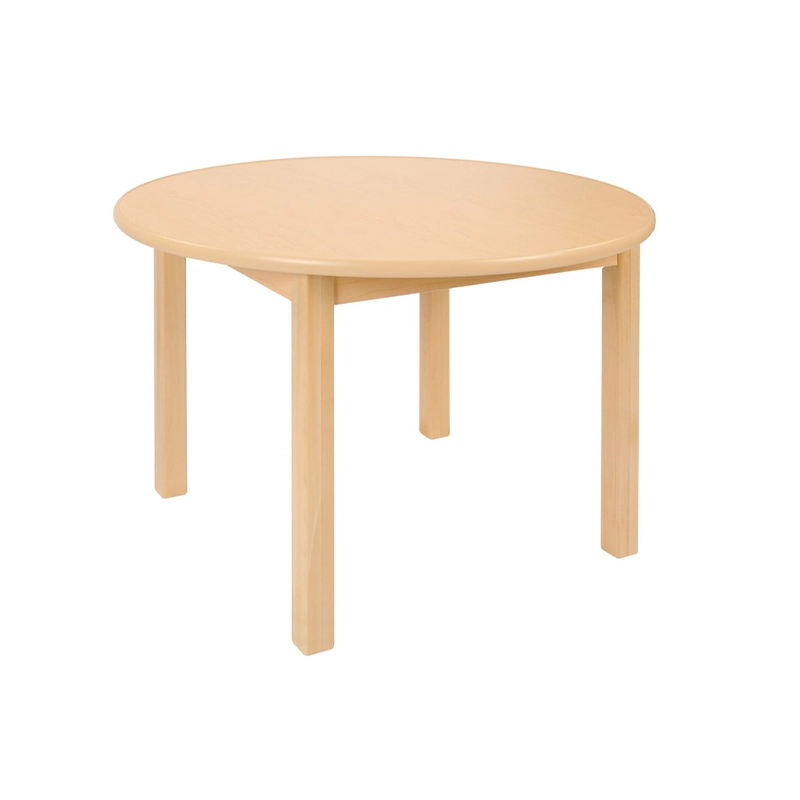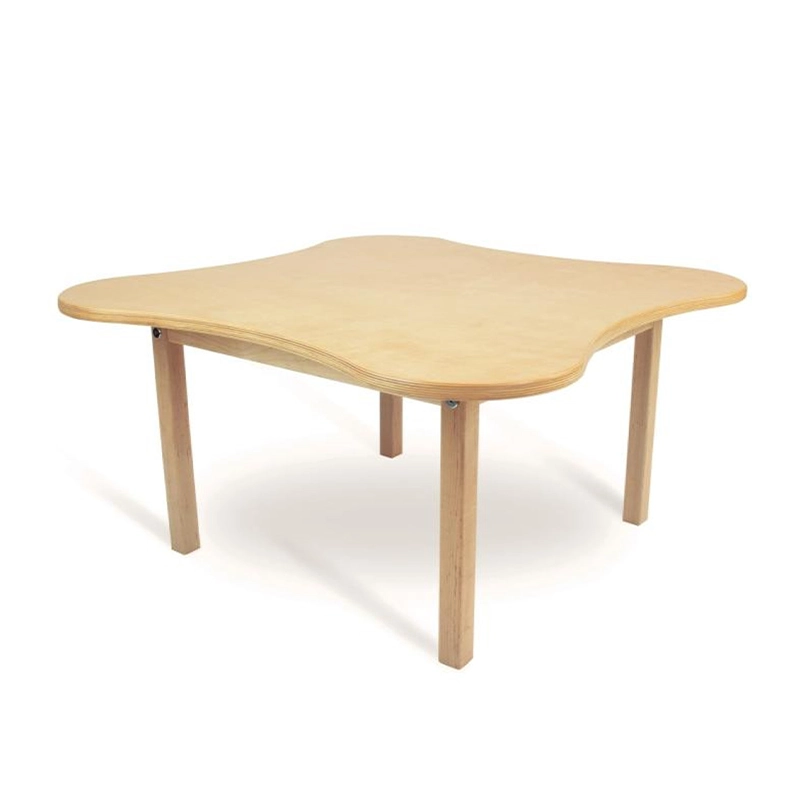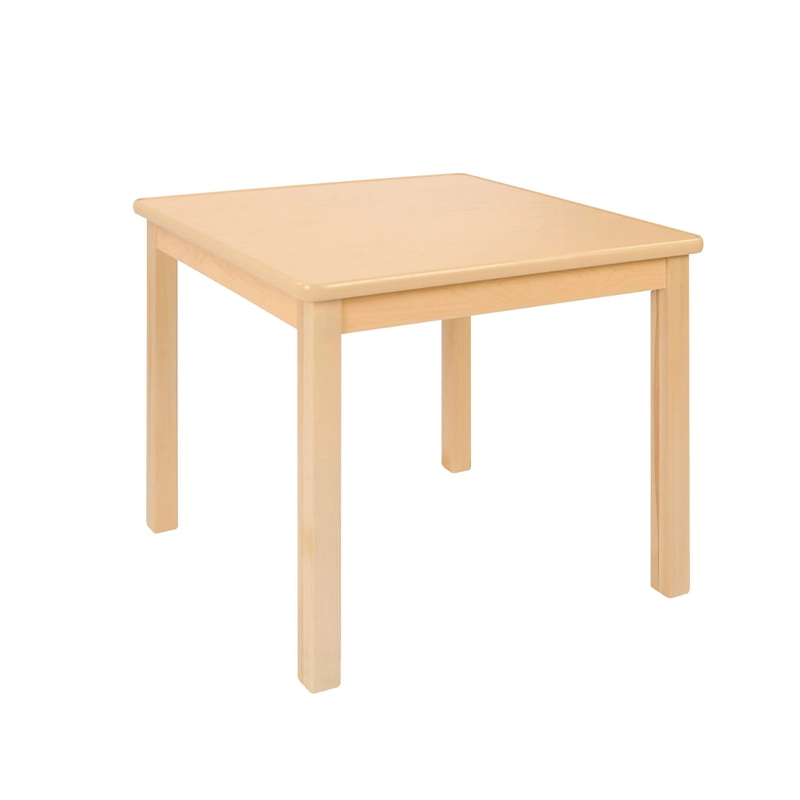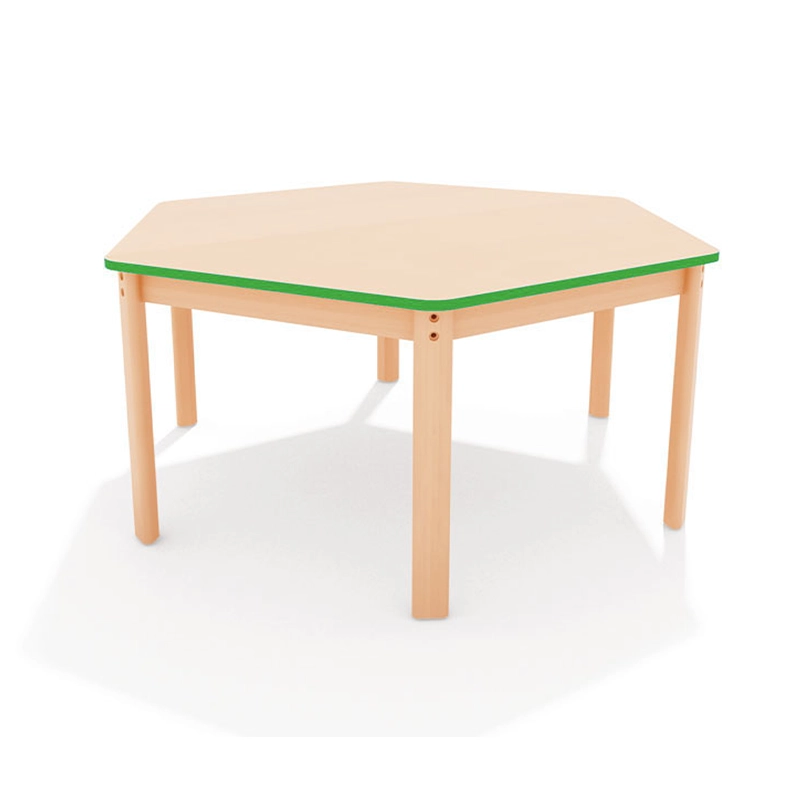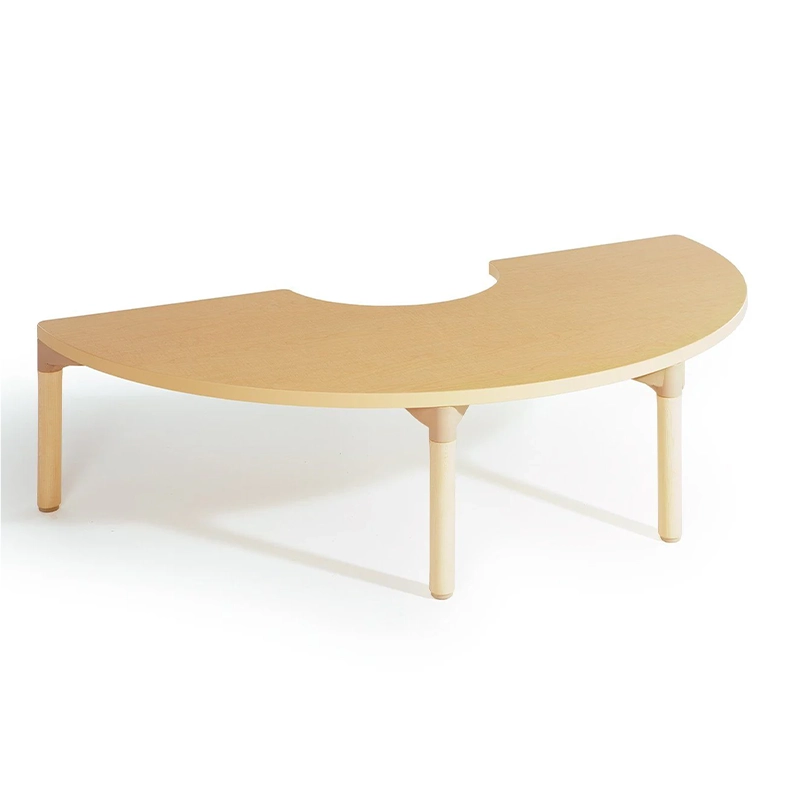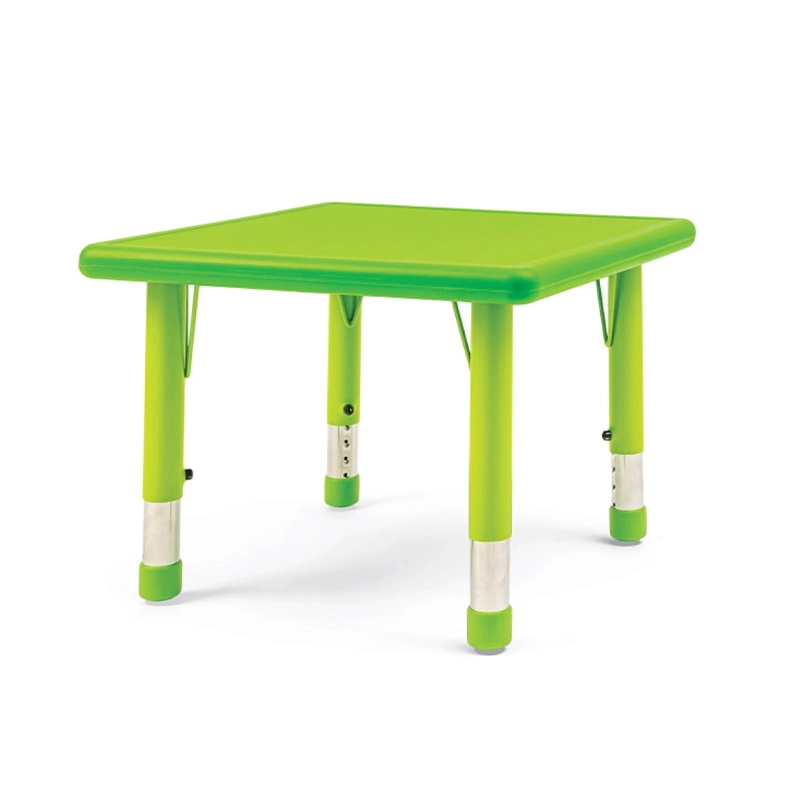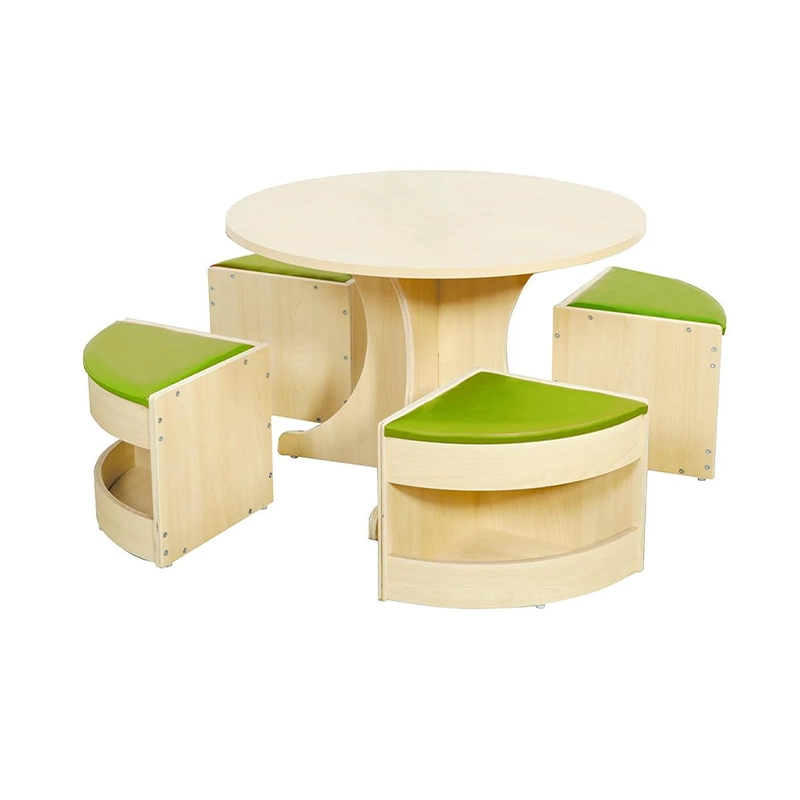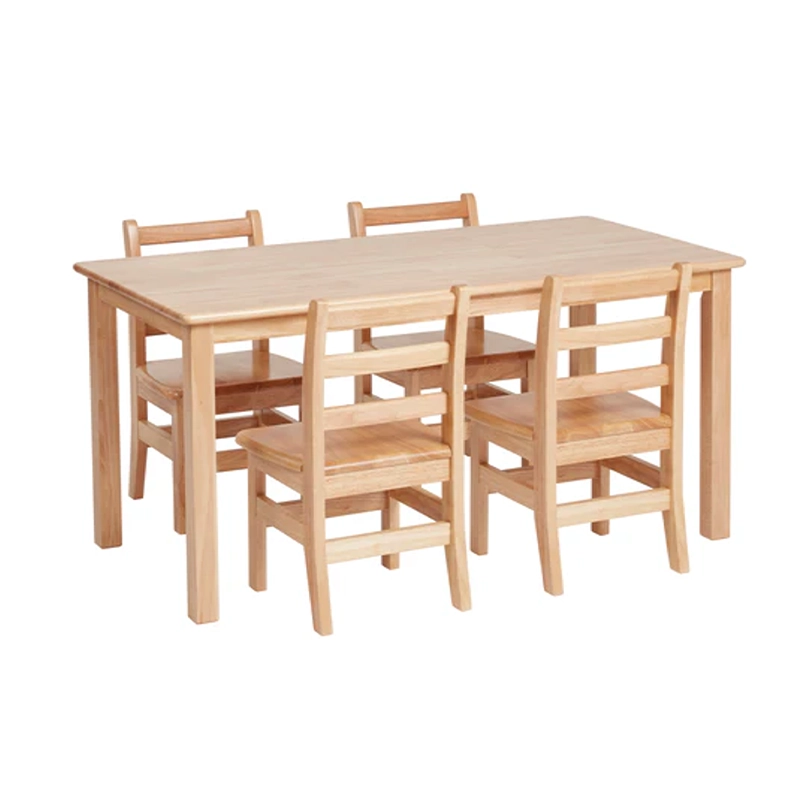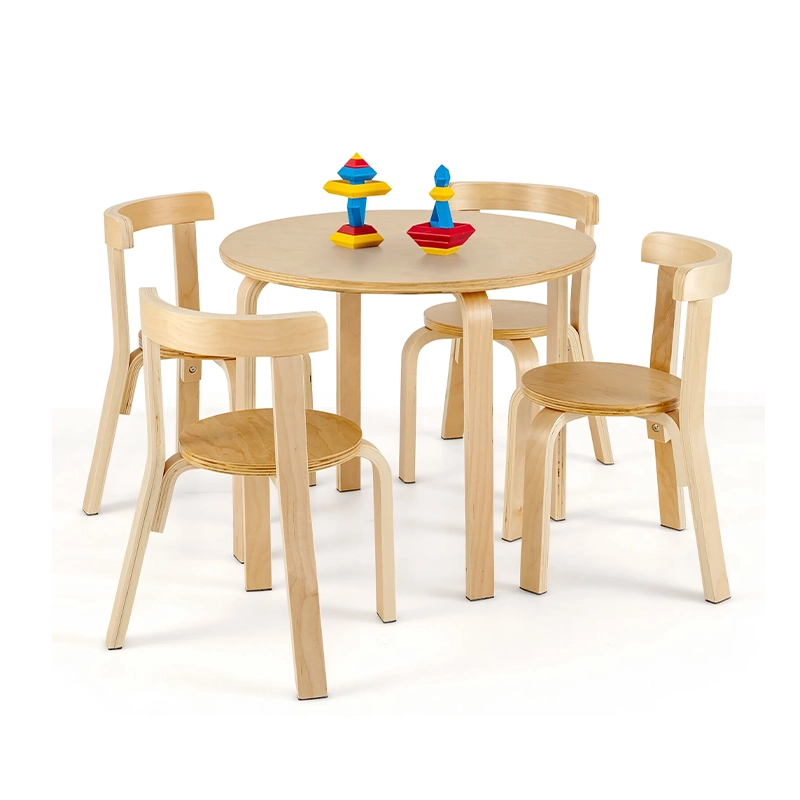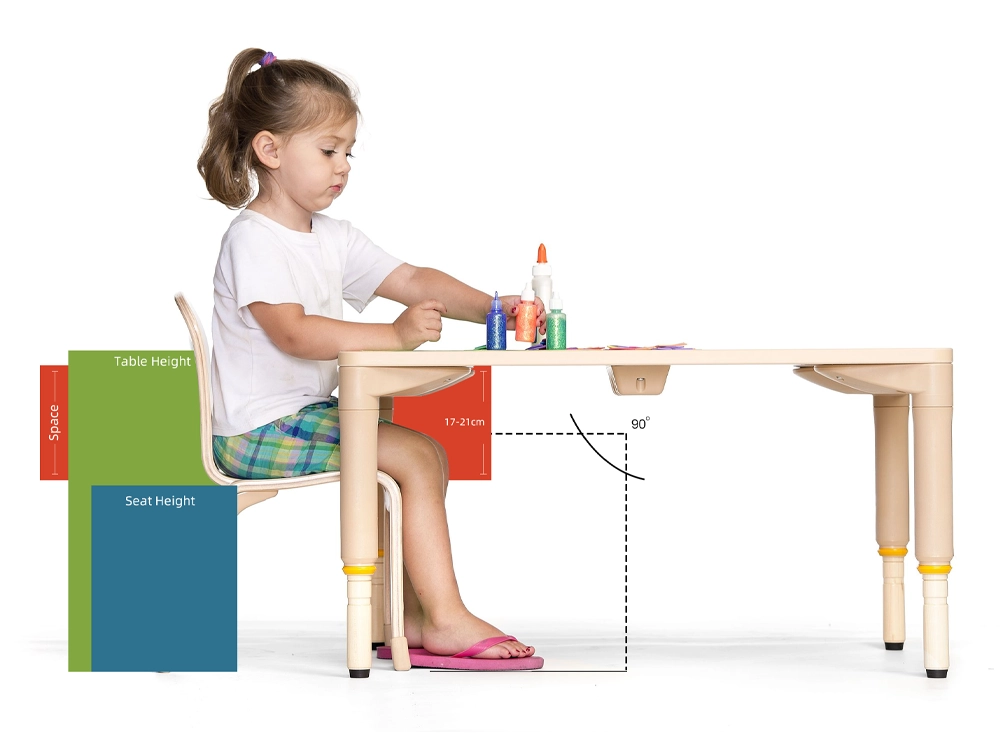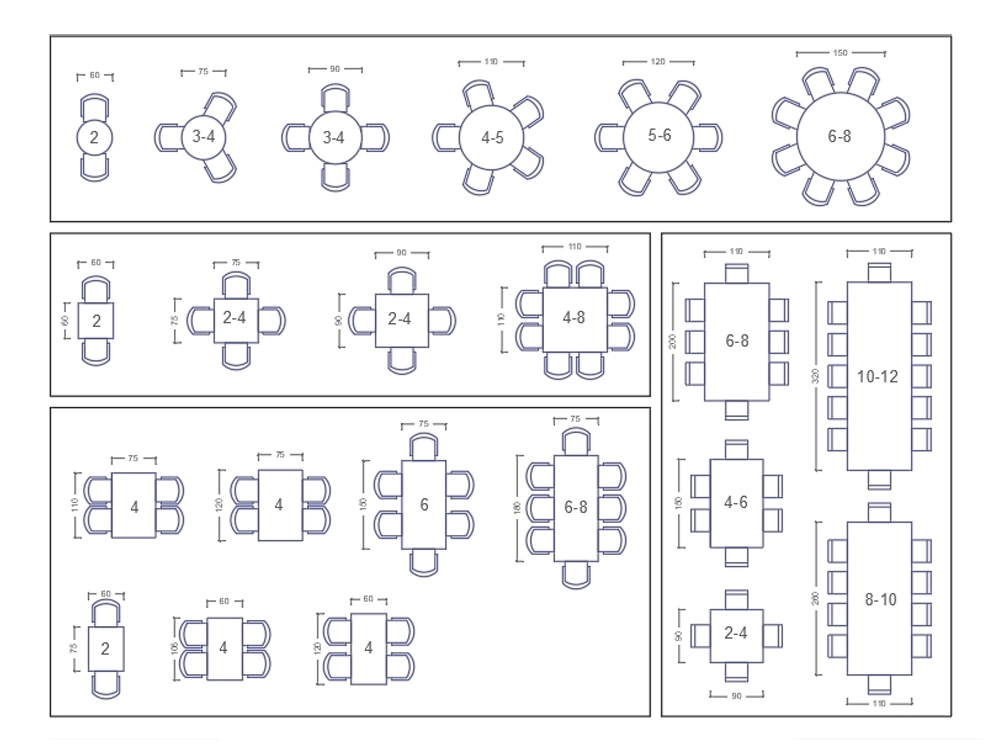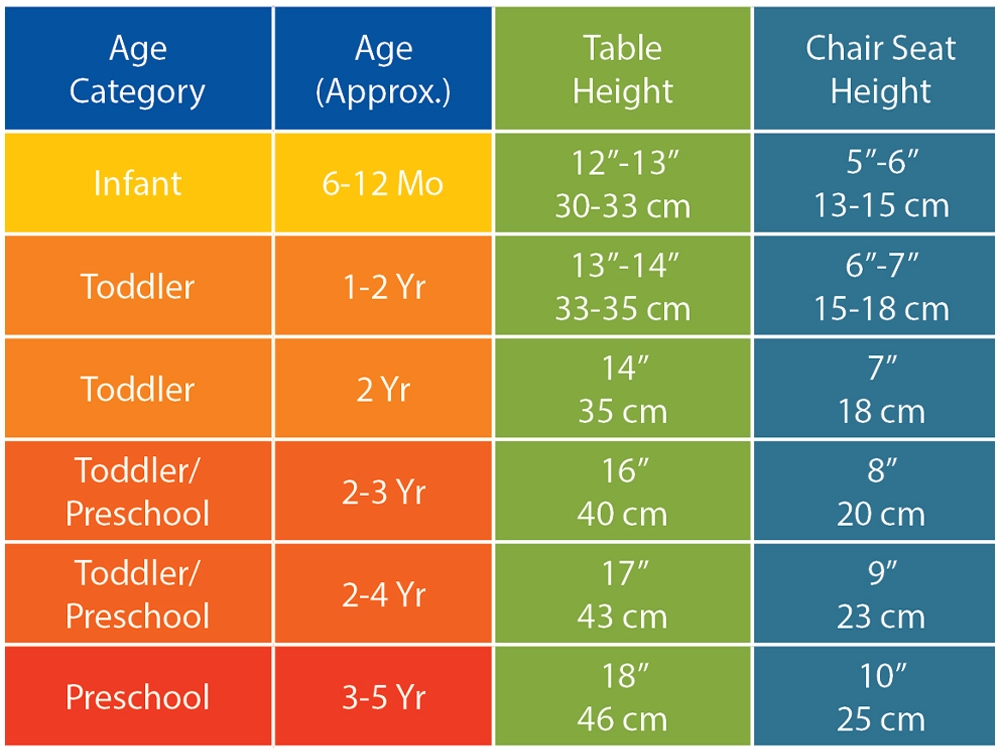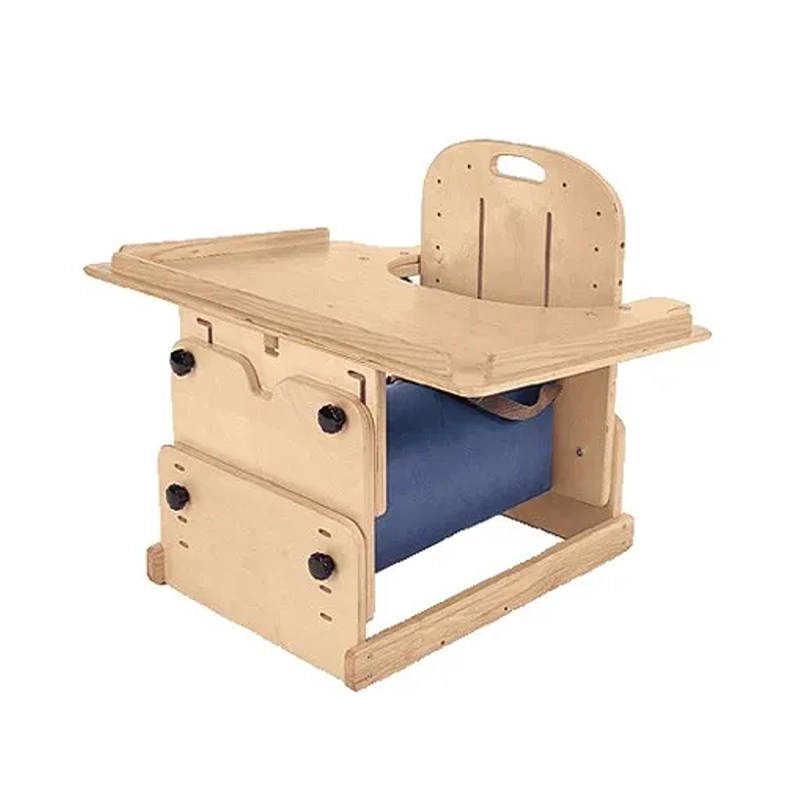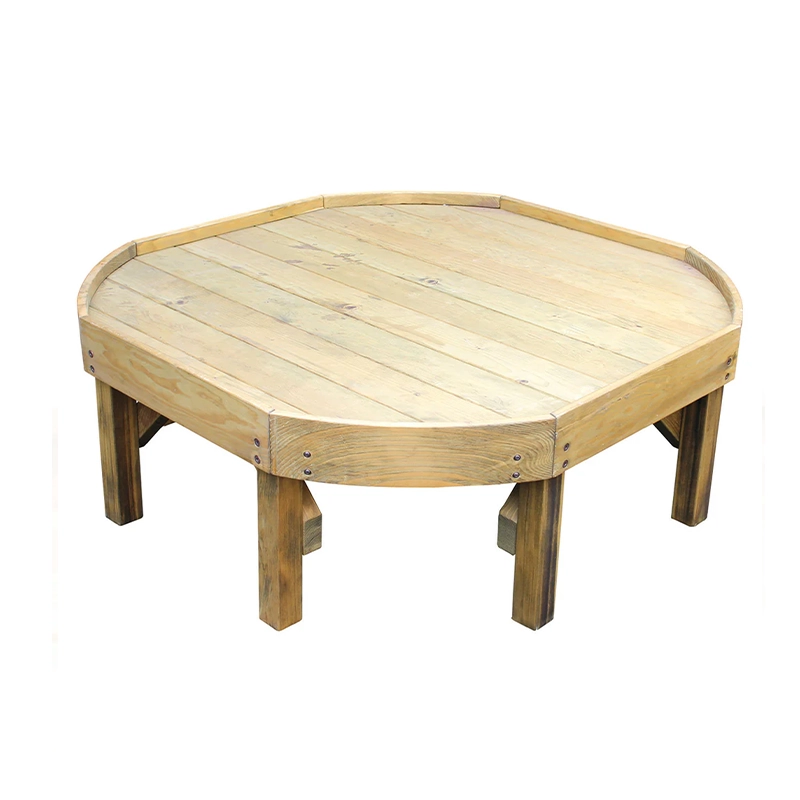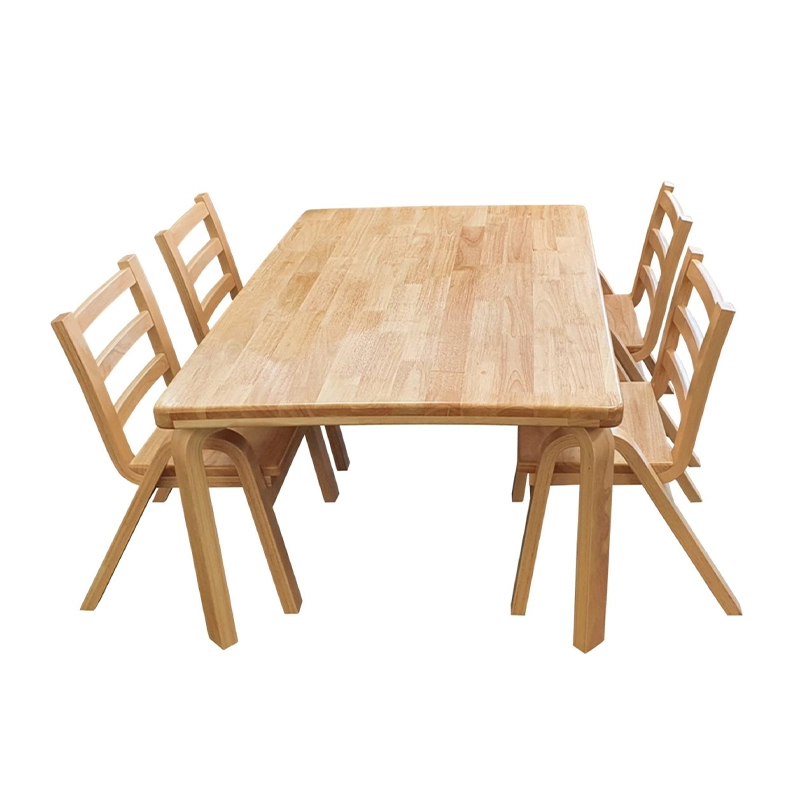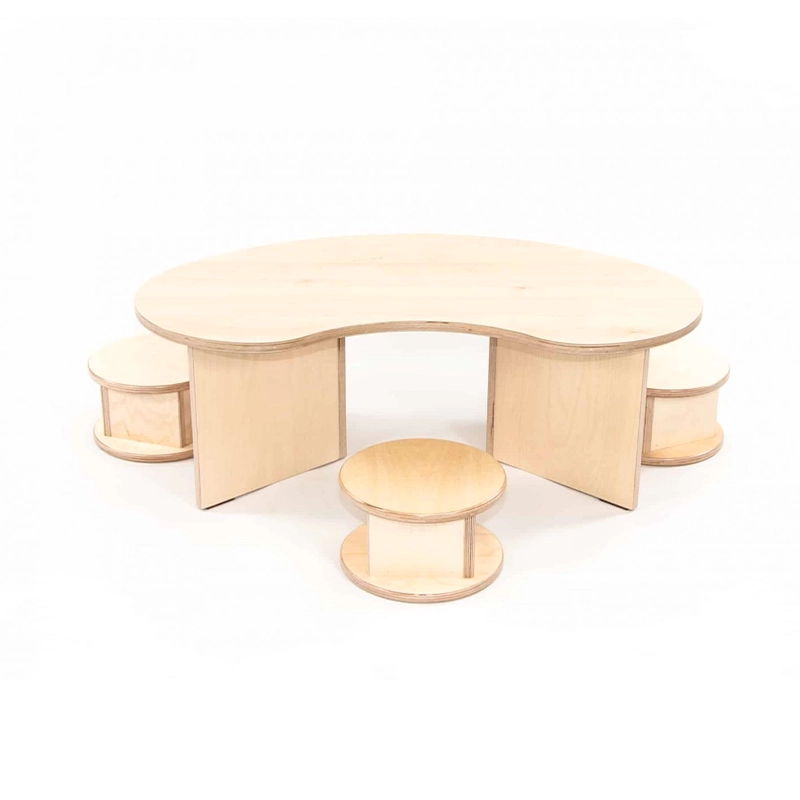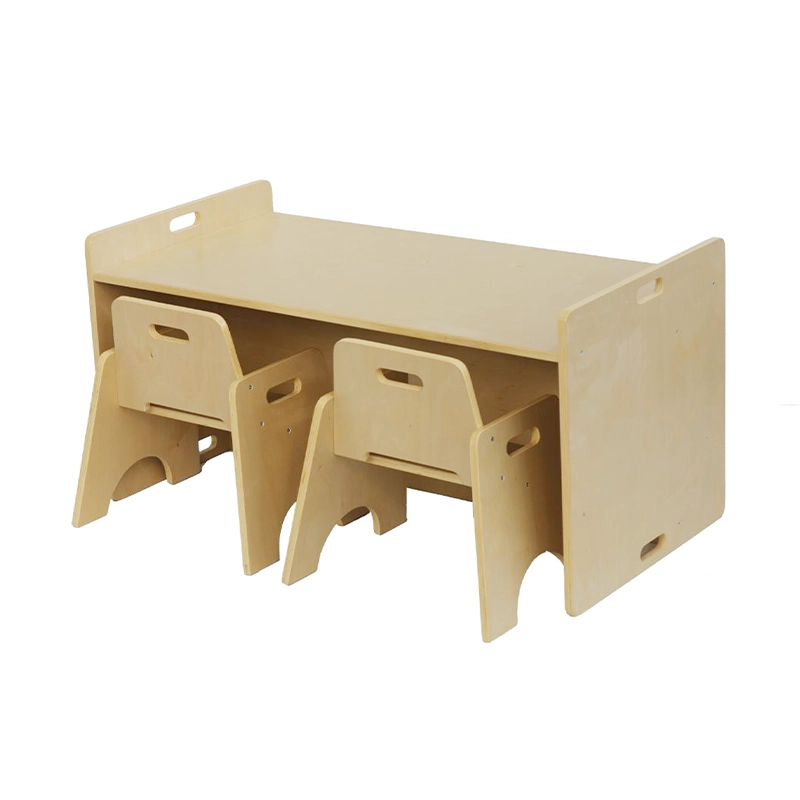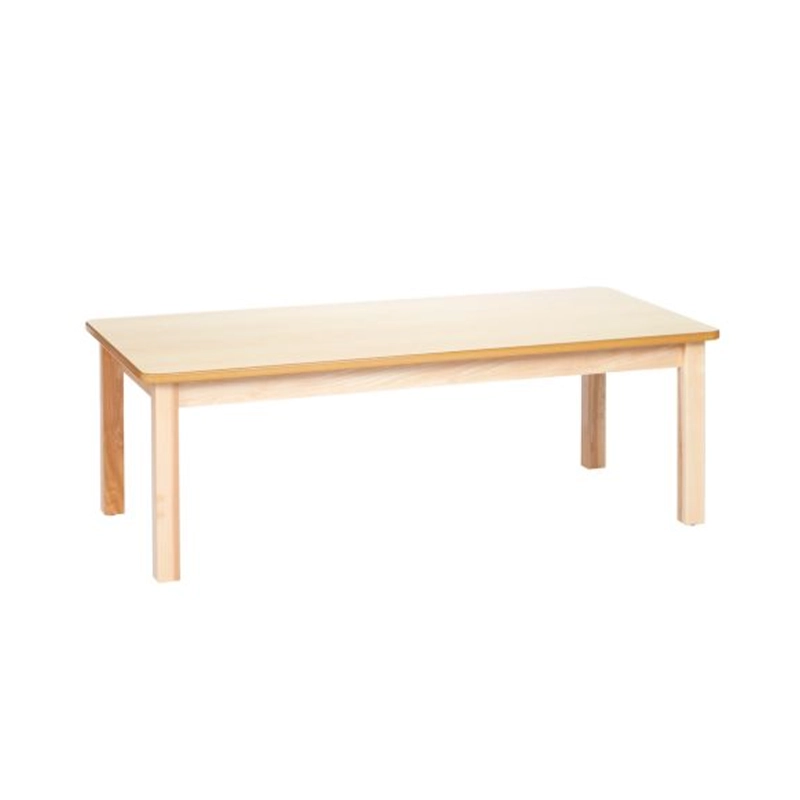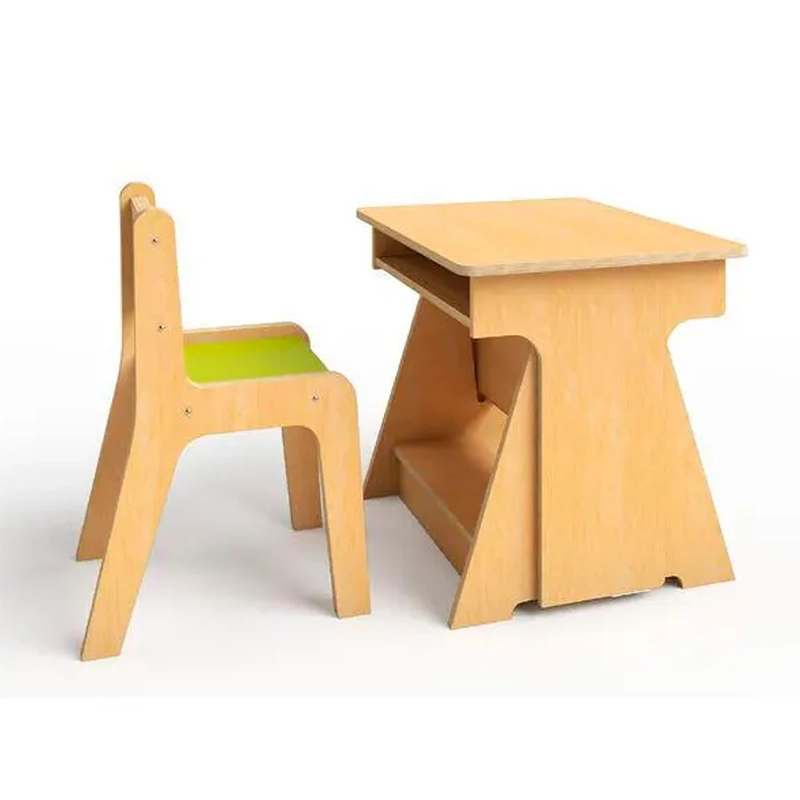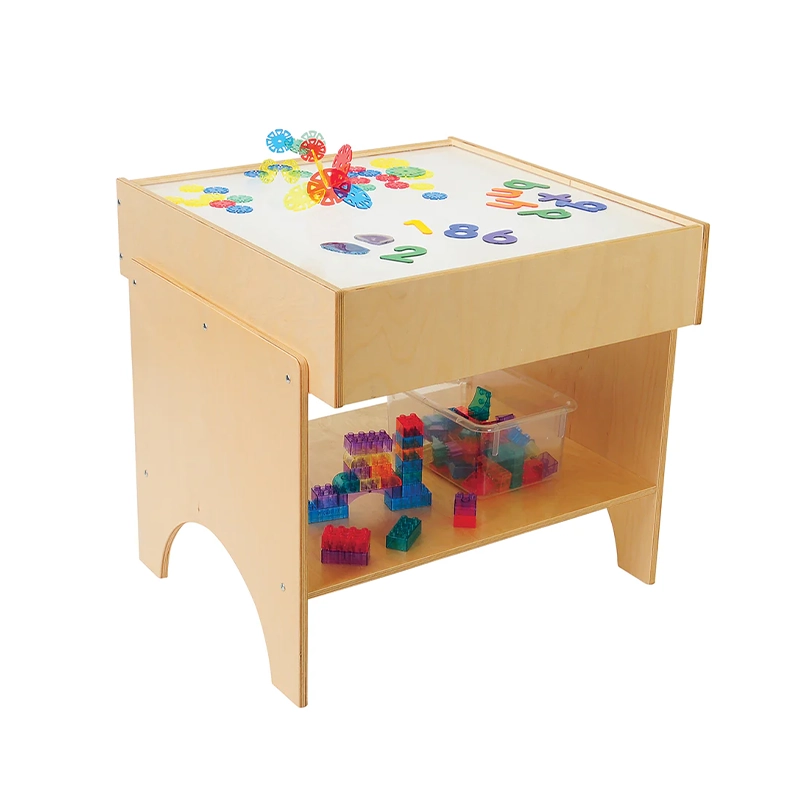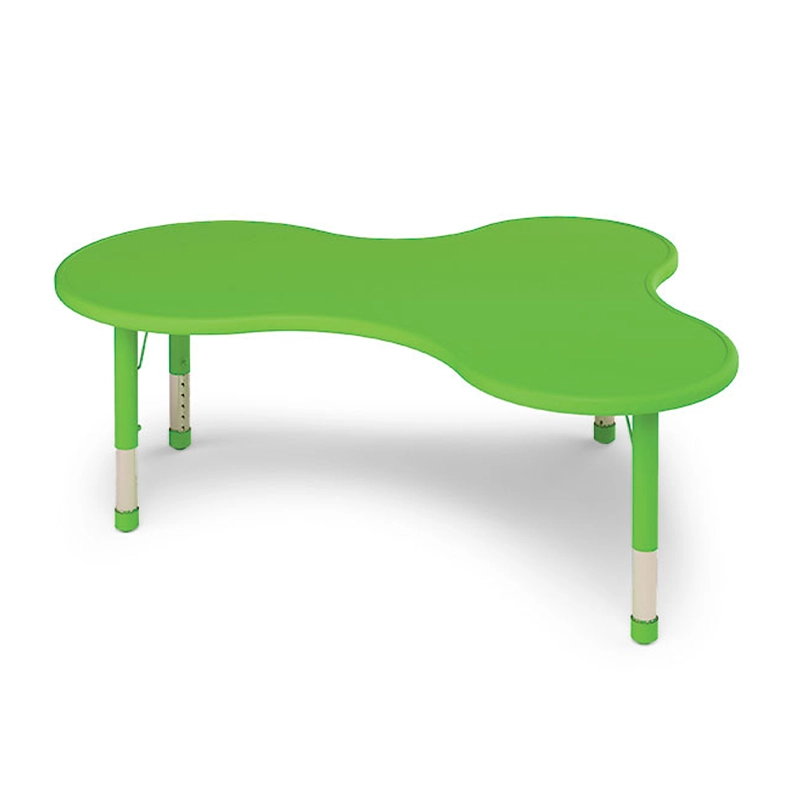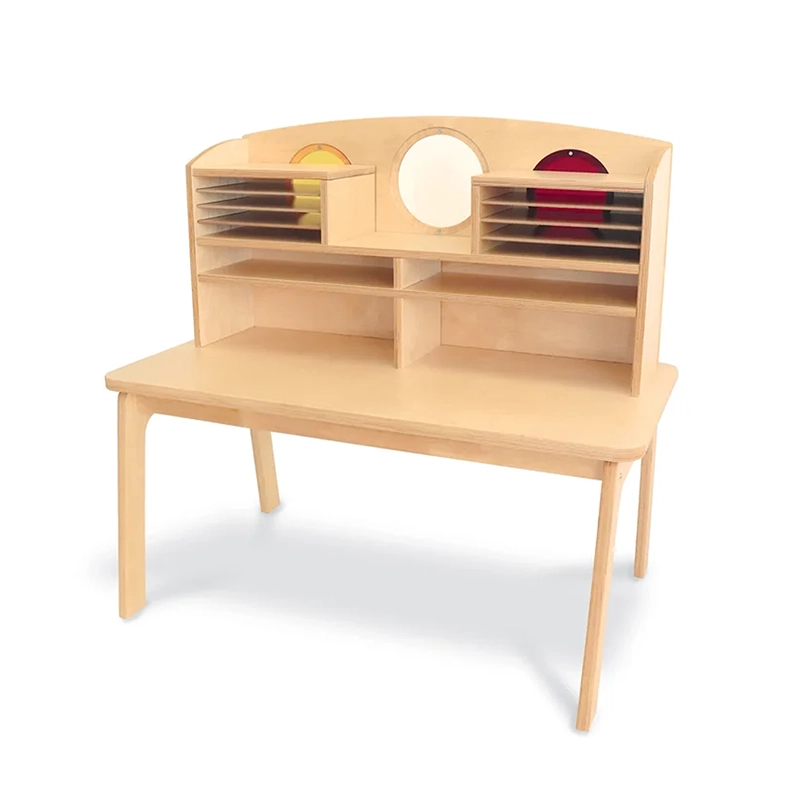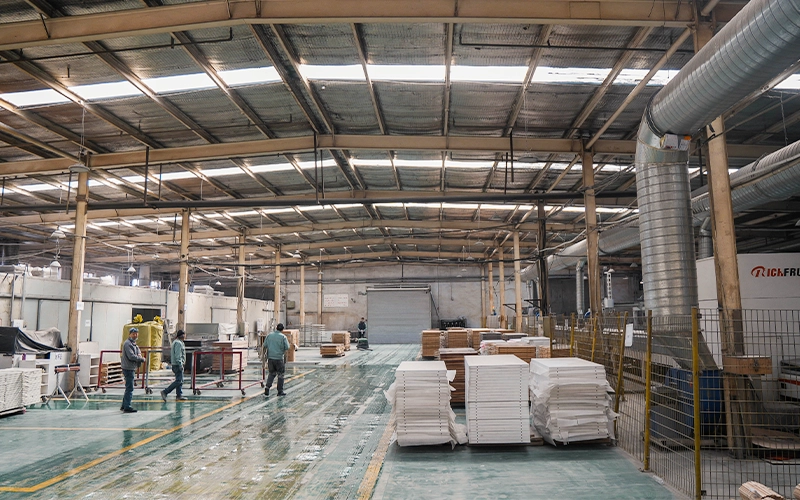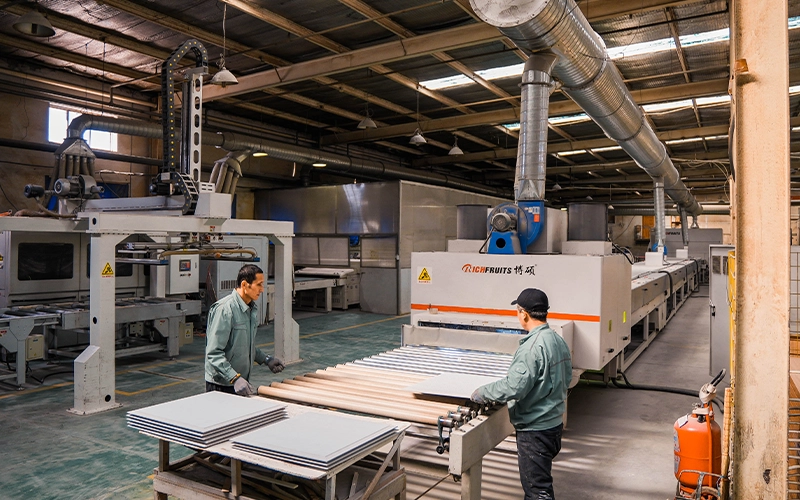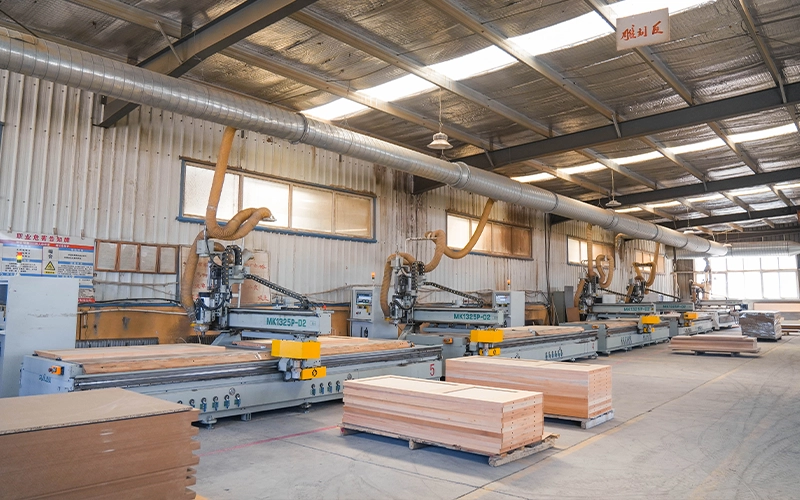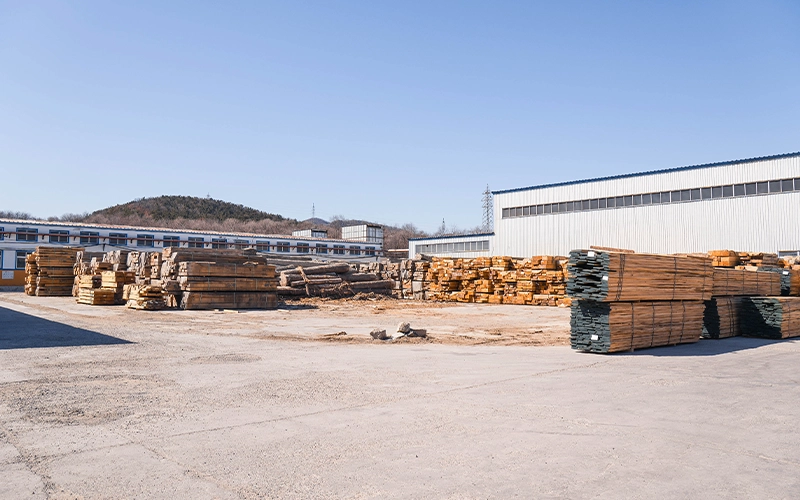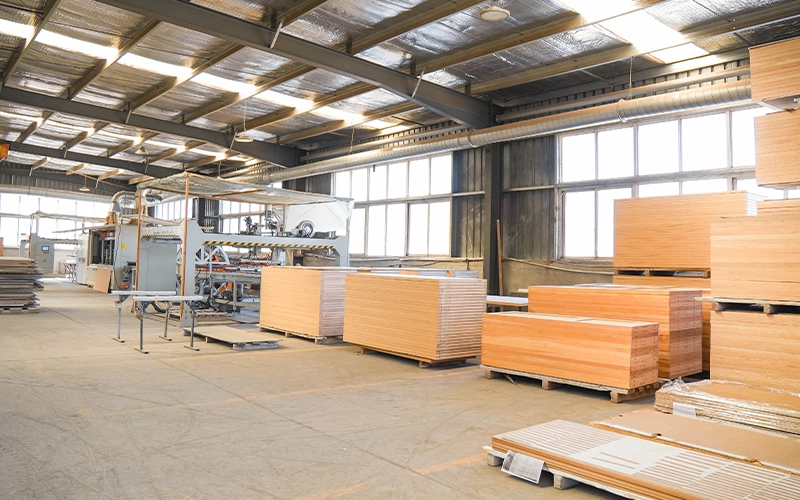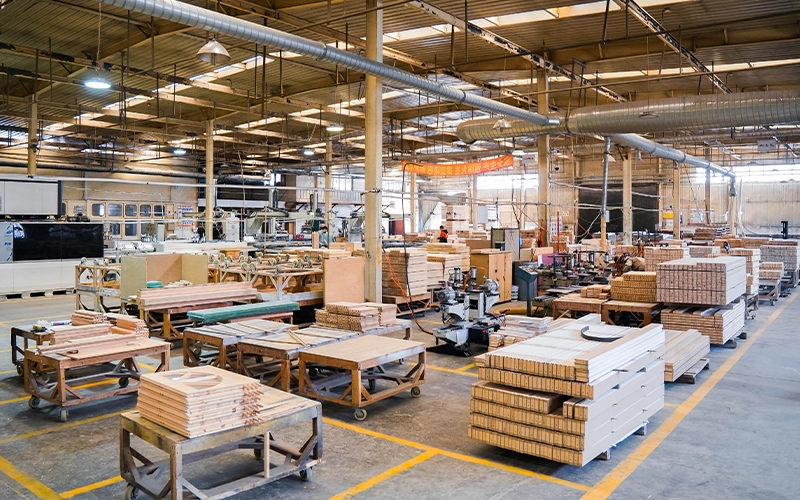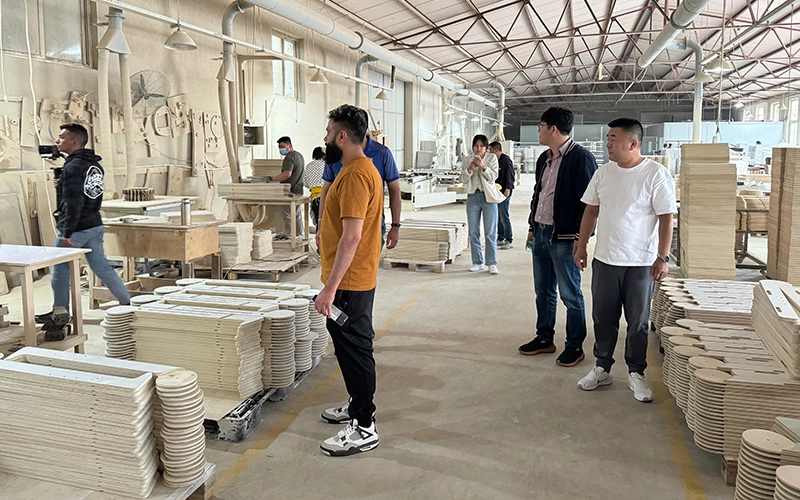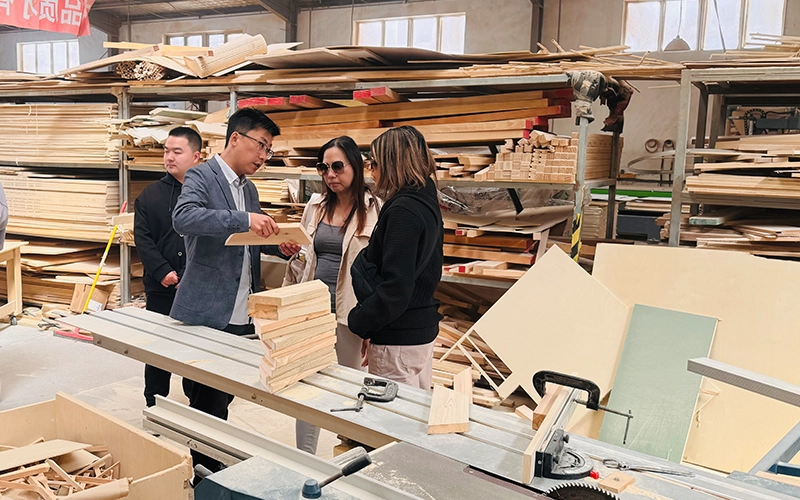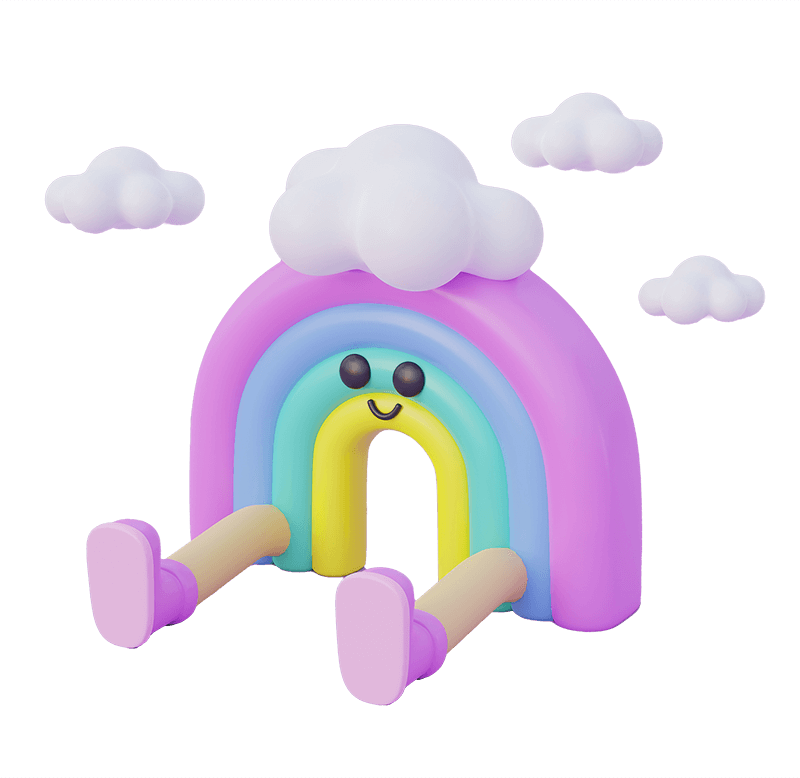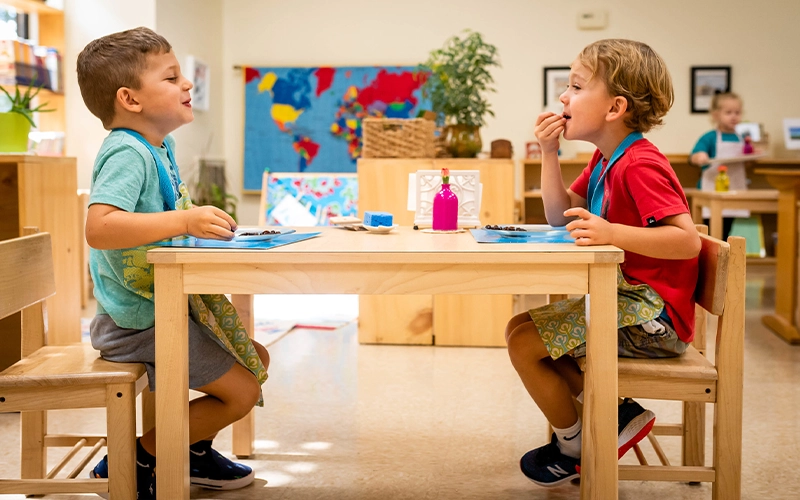
Xiha Toy
Classroom Tables and Chairs
Xiha Toy is a professional kindergarten furniture manufacturer; we offer high-quality classroom tables and chairs set in different materials and sizes to meet the diverse needs of educational settings.
Our range includes a variety of tables and chairs, storage units, closets, bookshelves, art easels, cribs, kitchen play sets and toys, and anything else a nursery needs.
Xiha Toy offers a wide range of classroom tables and chairs, please choose the right one for your classroom!
If you need to order classroom tables and chairs as well as kindergarten furniture in China, we offer a wide selection of features, sizes, customization and more.
Xiha Toy:Leading Manufacturer and Supplier of Nursery Furniture
Whether you are building a new school or renovating, we offer a wide range of customizable options, from classroom design to one-stop solutions for furniture.
With over 20 years of experience in the industry, operating two state-of-the-art manufacturing facilities allows us to maintain strict quality control processes and ensure that every piece of furniture meets the highest standards of durability, safety and ergonomics.
We have successfully served over 2,000 preschools and educational institutions, providing them with reliable, sustainable and well-designed classroom furniture. To increase your trust, we would like to refer you to some of the clients we have served for a tou
Send your classroom drawings to our staff and let us help you customize classroom to meet your business aspirations.
At Xiha Toy, we offer a variety of high-quality materials for our preschool furniture, ensuring durability, safety, and aesthetic appeal. Our selection includes:
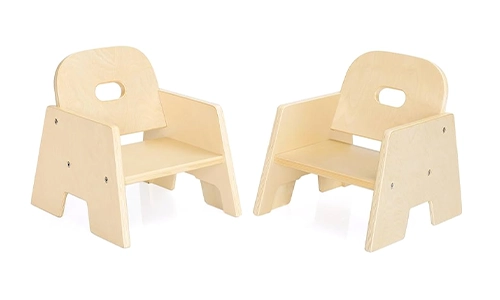
Birch
With its fine, even texture and light color, birch is both durable and aesthetically pleasing, often used in furniture that requires a sleek finish.
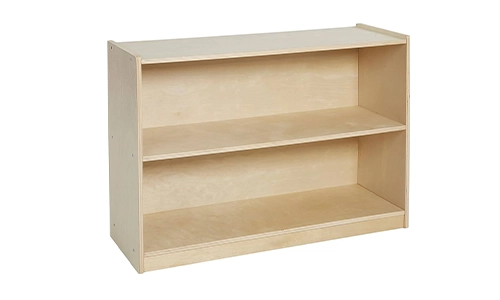
Birch Plywood
Known for its strength and smooth finish, birch plywood is used in high-quality furniture where both durability and appearance are essential.

Rubber Wood
Rubberwood is an eco-friendly choice, harvested from latex-producing trees at the end of their productive cycle. It's known for its durability, resistance to warping, and ease of maintenance. Its light color can be easily finished to match various decors, making it ideal for kindergarten furniture.
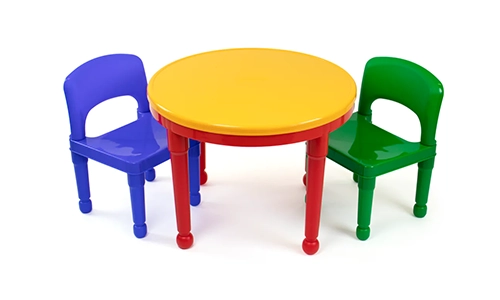
Plastic
Our high-density polyethylene (HDPE) and polypropylene (PP) plastic furniture are lightweight, easy to clean, and resistant to moisture and stains. These materials are perfect for colorful, fun designs that appeal to young children while ensuring hygiene and safety.

Metal
We use powder-coated steel and aluminum for certain furniture components to add strength and stability. Metal elements are often incorporated into the framework of tables and chairs to enhance durability without compromising on design.
Proper Posture and Comfort
Choosing the right size for kindergarten furniture is essential to ensure comfort and prevent posture-related issues, as children spend a lot of time at their tables.
Supprting Subheading
Well-sized tables and chairs allow children to sit comfortably, helping them focus on their activities without distraction, thus boosting their learning and development.
Supprting Subheading
Appropriate furniture height helps prevent injuries that can occur from reaching or awkward sitting positions, ensuring children’s safety during use.
Supprting Subheading
Furniture that fits right enables children to access their materials easily and perform tasks independently, fostering self-confidence and growth.
Age-Specific Heights
The height of kindergarten tables and chairs varies by age, with tables for 3 to 5-year-olds typically 20-22 inches high and chairs 10-12 inches. Matching furniture height to the child’s age ensures both comfort and functionality.
Guidelines
Organizations like the National Association for the Education of Young Children (NAEYC) provide specific height standards for kindergarten furniture to support safety and learning.
Proportionality
Proper table and chair height alignment is crucial; it should allow children to sit with feet flat and elbows resting comfortably on the table, promoting good posture and reducing discomfort.
China Preschool Furniture Supplier&Manufacturer
We are confident that we can meet all your requirements for preschool furniture and toys.
We have two factories in China specializing in children’s furniture and one specializing in children’s toys. In terms of the children’s education system, we have 20 years of service experience, focusing on Montessori, Reggio, Waldorf, and other education systems.We provide one-stop solutions for classroom design and classroom layout for kindergartens and other educational institutions around the world.
Did we miss your question? Drop us a line and we will
get back within 48 hours.
Different Types of Kindergarten Tables and Chairs
Standard Tables and Chairs
Activity Tables
Adjustable Tables and Chairs
Folding Tables and Stackable Chairs
Specialty Tables
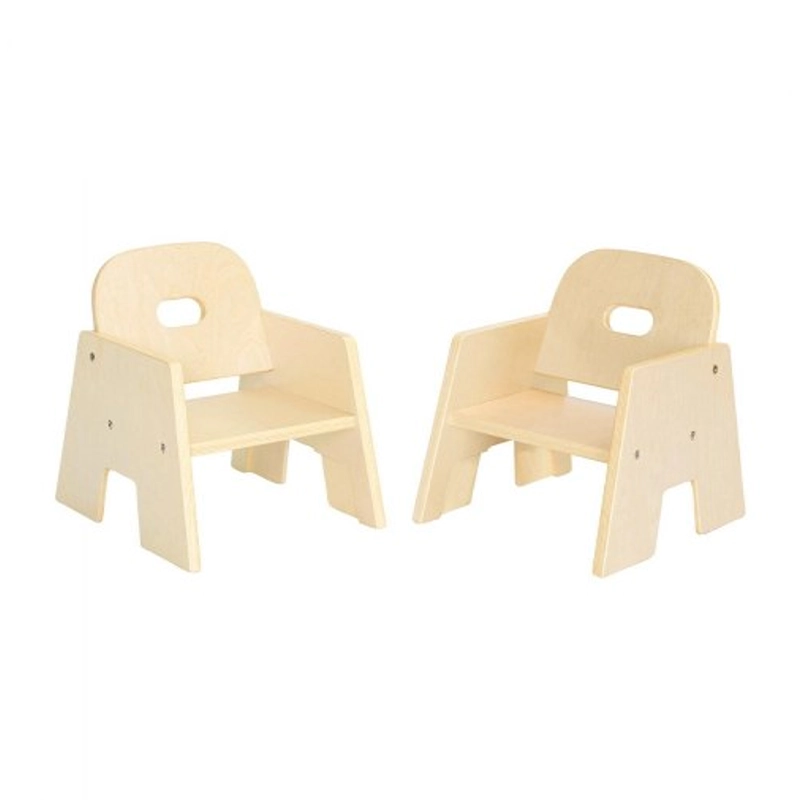
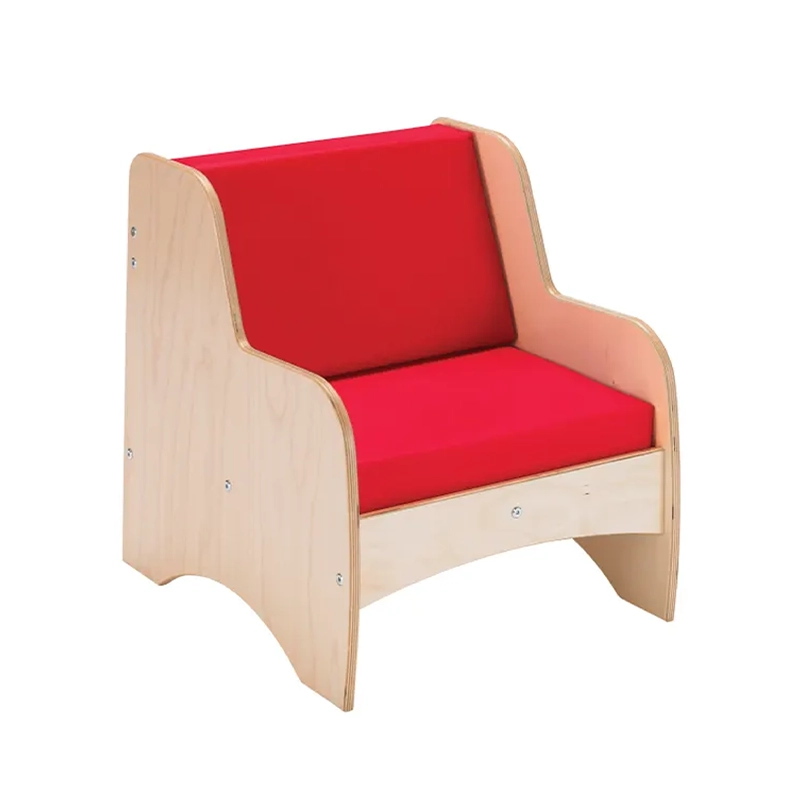
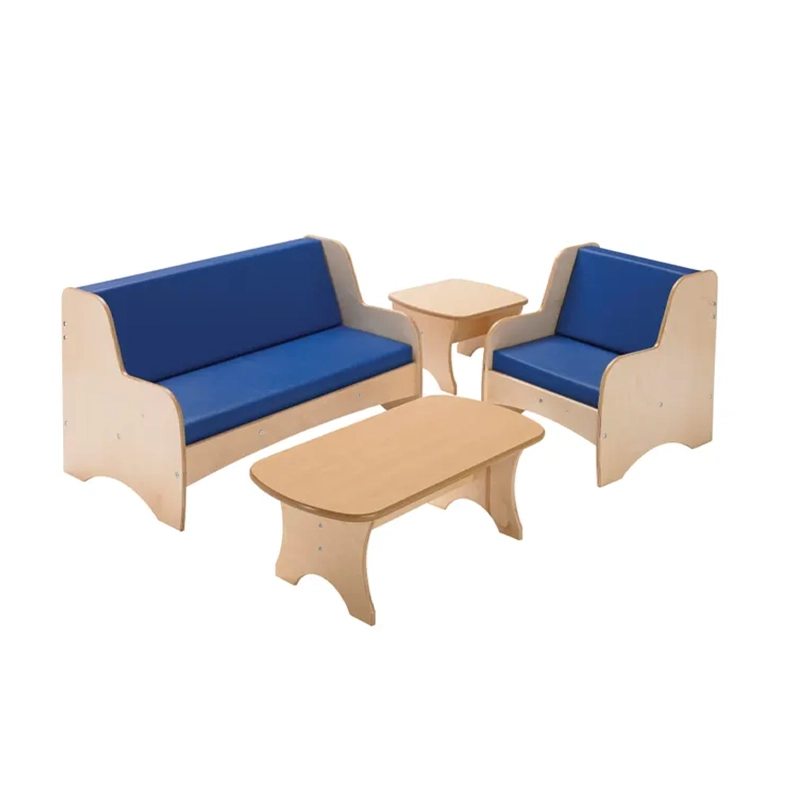
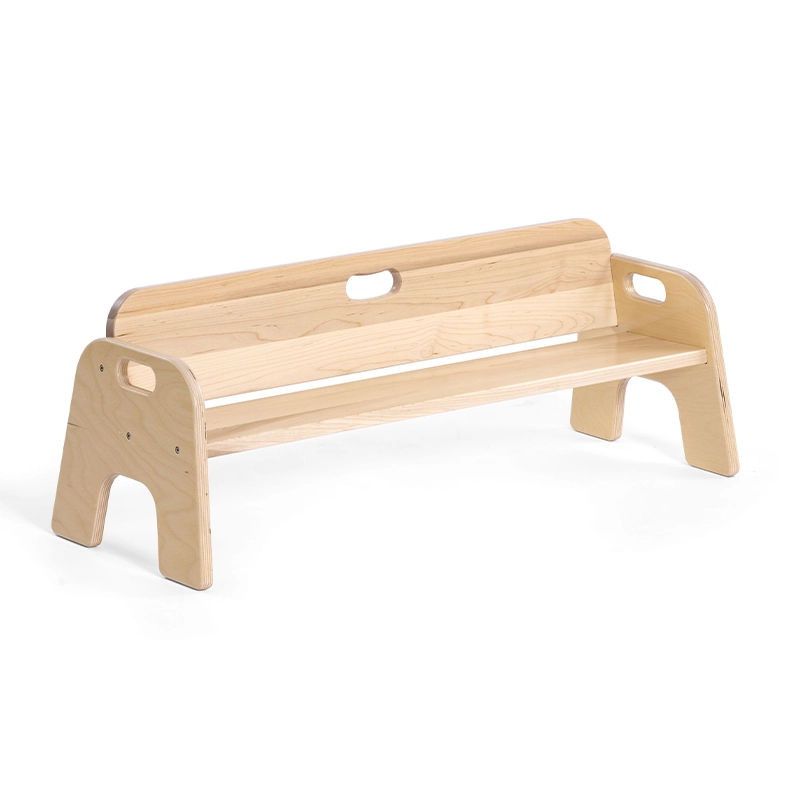
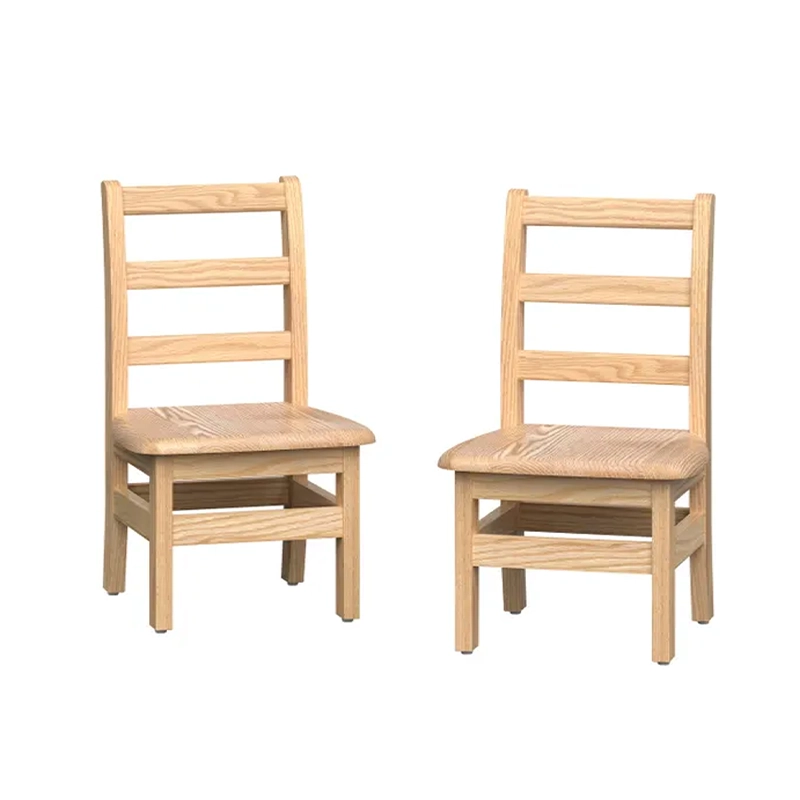
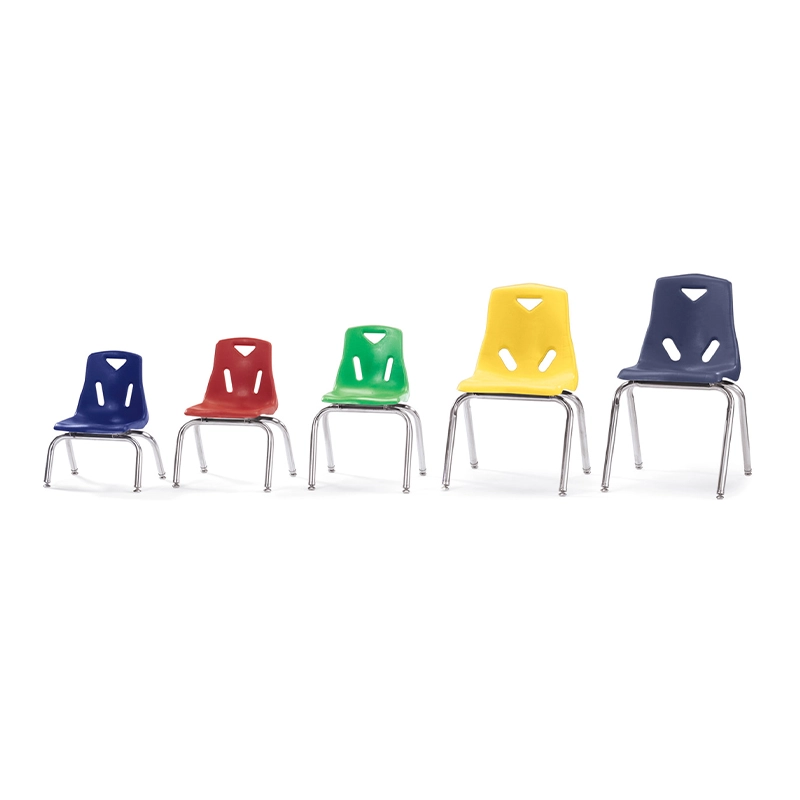

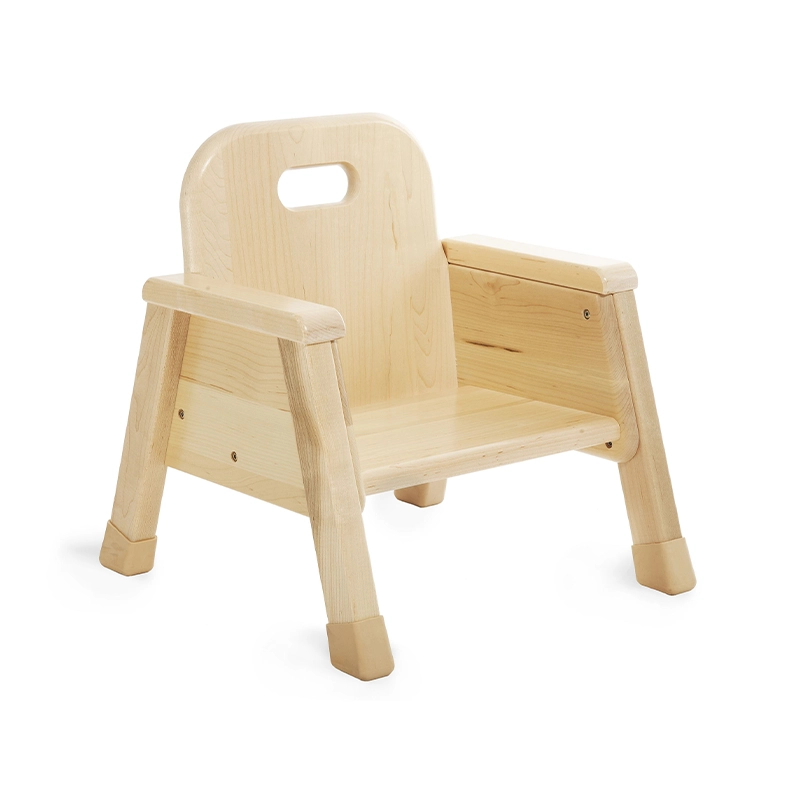
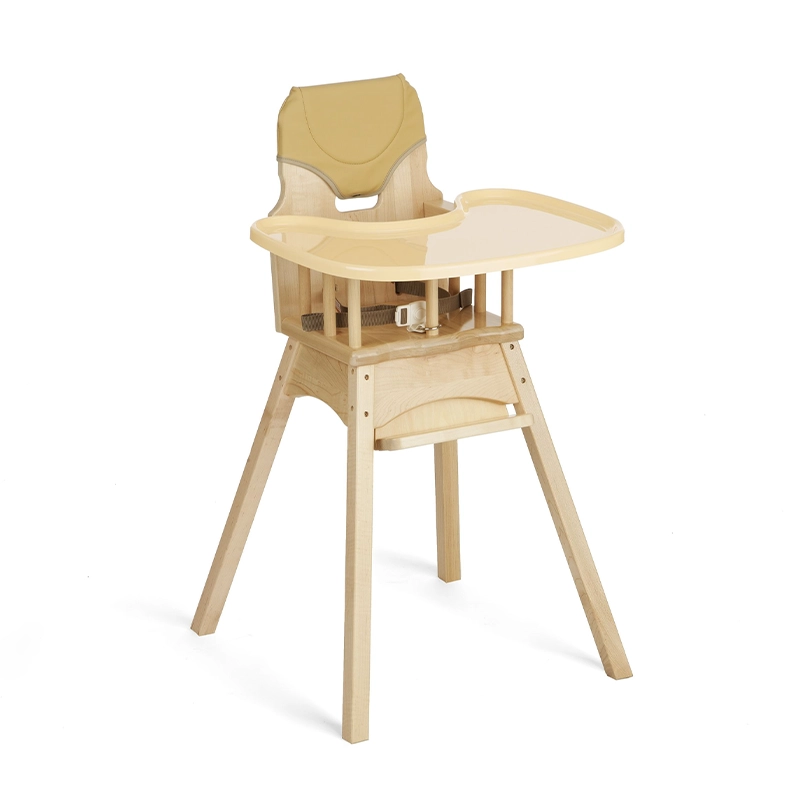
Benefits of Using Kindergarten Tables and Chairs
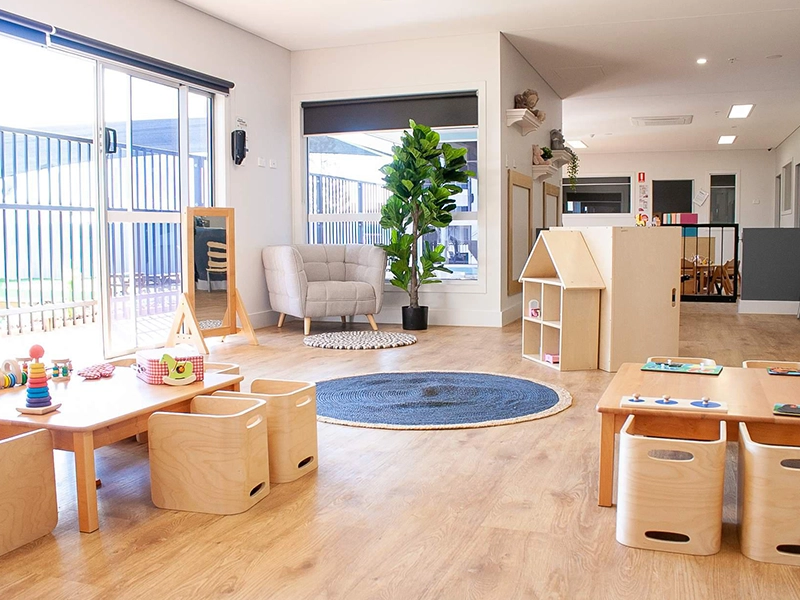
Aesthetic Design
Bright and vibrant colors stimulate children’s senses and create a lively atmosphere. Be careful to balance colors to avoid overwhelming the space. Using a combination of bold and neutral tones can create a harmonious environment.
Incorporating a design theme can make a classroom more engaging. Themes such as nature, space or animals can spark children’s imaginations and make learning more fun. Themed furniture can also be educational, incorporating elements that teach children about different topics.
Customization options allow educators to tailor furniture to their specific needs and preferences. Custom colors, shapes, and sizes can create a unique and cohesive look for a classroom. This personalization can make the space feel special and welcoming to the children.
Coordinating the design of tables and chairs with the overall classroom décor enhances the aesthetic appeal. Consistency in design elements, such as matching colors and styles, creates a unified and organized look.
Safety Considerations for Kindergarten Tables and Chairs
Rounded Edges
Ensure all furniture has rounded edges to minimize injury risks from accidental bumps.
Sturdy Construction
Select furniture built from durable materials that prevent tipping and support children’s activities safely.
Non-Toxic Materials
Use only non-toxic materials in furniture to ensure it is safe for children to touch and interact with.
Stability and Balance
Choose designs that offer stability and balance, reducing the risk of tipping.
Easy to Clean
Opt for furniture that is easy to clean and maintain to promote a hygienic classroom environment.
Certification and Compliance
Verify that furniture meets safety standards set by recognized organizations like ASTM to ensure compliance with stringent safety criteria.
What are the Guidelines for Choosing Table and Chair Heights for Different Age Groups?
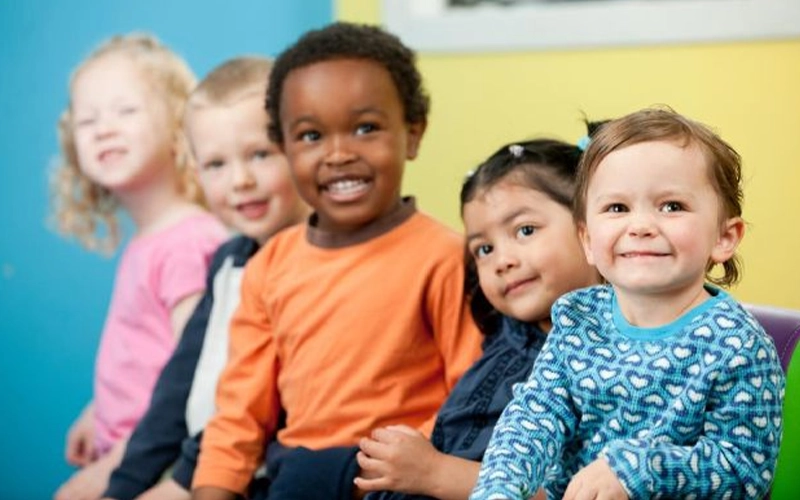
Infants and Toddlers (Ages 0-3)

Preschool (Ages 3-5)

Early Elementary (Ages 5-7)
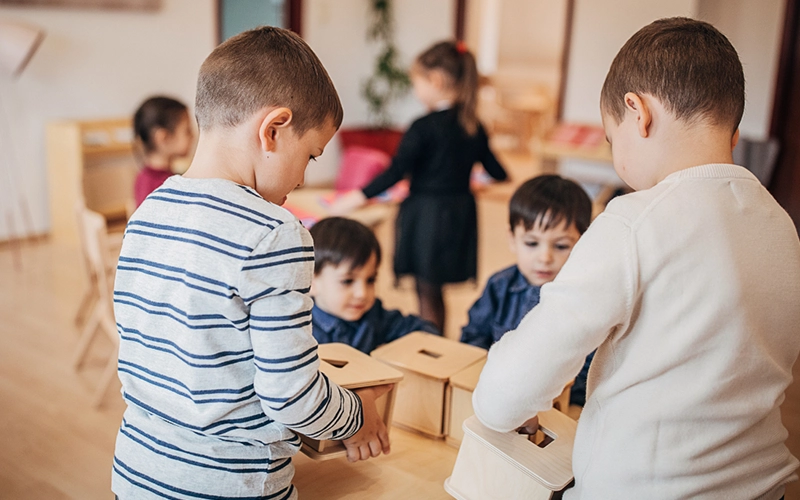
Customization for Mixed Age Groups
What are the Advantages and Disadvantages of Adjustable Classroom Tables and Chairs?
Adjustable classroom tables and chairs offer various benefits and also come with some challenges. Here’s a look at the advantages and disadvantages:
Ergonomics and Comfort
Inclusivity
Flexibility and Versatility
Long-Term Investment
Promotion of Active Learning
Cost
Complexity
Training and Management
Durability Concerns
Safety
What are the features of kindergarten classroom tables and chairs?
Kindergarten classroom tables and chairs are designed with specific features to accommodate the needs of young children in an educational setting. Here are some of the essential features to consider:
Ergonomic Design
- Adjustability: Adjustable furniture can grow with the children, ensuring ergonomic seating positions that support proper posture over the years.
- Appropriate Size: Furniture should be scaled to the size of kindergarten-aged children to facilitate comfortable seating and easy access to the tabletop.
- Comfortable Seating: Chairs should have a supportive backrest and a comfy seat design to encourage proper sitting habits.
Functionality
- Easy to Clean: Surfaces should be easy to wipe clean and resistant to stains and spills, joint in a kindergarten setting.
- Lightweight: Furniture should be light enough for small children to move independently, fostering autonomy and ease of classroom reconfiguration by teachers.
- Stackable or Nestable: To maximize classroom space, chairs and tables that stack or nest can help clear areas quickly for different activities.
Aesthetics and Engagement
- Bright Colors and Designs: Attractive, bright colors and child-friendly designs can make children’s learning environment more inviting and stimulating.
- Incorporation of Themes: Tables and chairs incorporating educational or playful themes can enhance the learning experience and spark creativity.
- Interactive Elements: Adding touchable, adjustable, or movable parts to enhance children’s engagement.
Durability
- Scratch and Impact Resistant: Given the high-energy environment of a kindergarten, furniture should be able to withstand bumps, scratches, and regular wear and tear.
- Long-Lasting Materials: Choosing durable materials ensures that the furniture can endure several years of use, making it a cost-effective investment for educational institutions.
- Easy Maintenance: Furniture designed for easy cleaning and maintenance ensures longevity and hygiene。
Can Kindergarten Furniture Be Customized to Fit the Classroom Theme?
Kindergarten furniture can be customized to fit a classroom theme, a popular approach for creating an engaging and cohesive learning environment for young children. Customization can range from simple color choices to intricate designs that reflect a specific educational theme or concept. Here’s how kindergarten furniture can be tailored:
Color and Design Customization
- Color Schemes: Furniture can be painted or finished in colors that match the classroom’s theme, such as ocean blues, jungle greens, or pastel hues for a more subdued environment.
- Artwork and Decals: Chairs and tables can feature decals, stencils, or hand-painted artwork that align with themes like space exploration, undersea adventures, or fairy tales.
Thematic Shapes and Structures
- Shaped Furniture: Tables and chairs can be crafted in shapes that complement the classroom theme, such as leaf-shaped tables for a nature theme or spaceship-shaped chairs for a science fiction theme.
- Integrated Themes: Furniture can incorporate elements that match a broader educational focus, like alphabet letters for a language-focused classroom or animal illustrations for a wildlife theme.
Interactive Elements
- Functional Add-ons: Furniture can include interactive elements like built-in storage for art supplies in an arts-themed room or built-in puzzles on table surfaces for a problem-solving theme.
- Multi-functional Pieces: Some furniture can be designed for dual purposes, like benches that become stepping platforms for physical activity themes or tables with adjustable heights for science experiments.
Consistency Across Furniture Types
- Unified Look: All furniture pieces, including shelves, storage units, and even playground equipment, can be customized to maintain a consistent theme throughout the classroom.
- Thematic Designs: Custom furniture can be designed to match the classroom theme, creating an engaging and cohesive environment. Whether it’s a nature theme, space, or any other concept, customized furniture can enhance the thematic elements of the classroom.
- Color Choices: Customization allows for a selection of colors that can stimulate learning and creativity. Bright and engaging colors can make the classroom more inviting and enjoyable for children.
- Unique Shapes and Sizes: Custom furniture can be tailored to fit specific spaces and needs. This includes unique shapes and sizes that standard furniture may not offer, providing a more personalized and functional setup.
- Enhanced Engagement: Themed and colorful furniture can captivate children’s interest and make learning more enjoyable. This can lead to better engagement and participation in classroom activities.
- Optimized Space Utilization: Custom furniture can be designed to make the best use of available space. This is particularly useful in smaller classrooms where efficient space utilization is crucial.
- Branding Opportunities: For kindergartens that want to establish a unique identity, customized furniture offers a way to incorporate branding elements into the classroom design. This can include logos, colors, and other branding features.
- Lead Times: Custom orders typically have longer lead times compared to off-the-shelf furniture. It’s important to plan ahead and ensure that the delivery schedule aligns with your classroom setup timelines.
- Cost Implications: Custom furniture can be more expensive than standard options. However, the benefits of having furniture that perfectly fits your needs can justify the additional cost.
- Supplier Reliability: Ensure that the supplier you choose for custom furniture is reliable and has a good track record. This helps avoid issues with quality and delivery.


